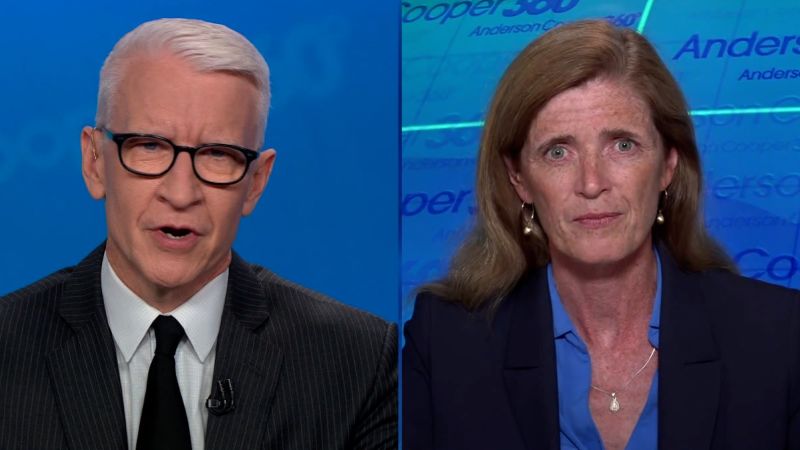Former USAID administrator Samantha Power has issued a stark warning about the potential consequences of significant funding cuts to the United States Agency for International Development (USAID). Power, who led the agency from 2013 to 2017, emphasized that these reductions could have “devastating” effects, potentially leading to millions of deaths worldwide.
The announcement comes amid ongoing discussions in Washington about budgetary allocations, with some lawmakers advocating for reduced foreign aid spending. Power’s comments highlight the crucial role that USAID plays in delivering life-saving programs across the globe, from health initiatives to emergency response efforts.
The Impact of Funding Cuts
USAID has long been a cornerstone of U.S. foreign policy, providing assistance to countries in need and promoting stability in volatile regions. The proposed budget cuts threaten to undermine these efforts, particularly in areas such as disease prevention, maternal and child health, and disaster relief.
According to Power, the reduction in funding could severely limit the agency’s ability to respond to global crises. “Without adequate resources, USAID will struggle to maintain its current programs, let alone expand them to meet new challenges,” she stated.
Global Health at Risk
One of the most significant areas of concern is global health. USAID has been instrumental in combating diseases such as HIV/AIDS, malaria, and tuberculosis. The agency’s efforts have contributed to substantial declines in mortality rates and improved health outcomes in many developing countries.
“The gutting of USAID’s budget could reverse years of progress in global health, putting millions of lives at risk,” Power warned.
Experts in global health echo Power’s concerns. Dr. Michael Smith, a public health specialist, noted that USAID’s programs are often the first line of defense against emerging health threats. “Cutting funding now would be short-sighted and could lead to outbreaks that we are ill-prepared to handle,” he said.
Historical Context and Precedents
This development follows a historical pattern of fluctuating support for international aid. In the past, budget cuts have led to significant setbacks in development efforts, only to be followed by increased spending in response to crises.
During the 1990s, similar reductions in foreign aid resulted in decreased capacity for humanitarian response, leading to prolonged suffering in conflict zones and areas hit by natural disasters. The lessons from these periods underscore the importance of sustained investment in international development.
Comparisons to Previous Administrations
Under Power’s leadership, USAID saw increased funding and expanded its reach globally. Her tenure was marked by a focus on innovation and partnerships, which helped leverage additional resources from private and public sectors.
In contrast, the current proposals suggest a pivot away from this approach, raising concerns about the long-term implications for U.S. influence and global stability. “Reducing our commitment to international development not only harms those in need but also diminishes our standing on the world stage,” Power argued.
Looking Ahead: The Path Forward
The move represents a critical juncture for USAID and its mission. As debates continue in Congress, stakeholders are urging lawmakers to consider the broader impacts of their decisions. Advocacy groups are mobilizing to raise awareness about the potential consequences of the proposed cuts.
Meanwhile, Power and other former officials are calling for a reevaluation of priorities, emphasizing the importance of maintaining robust support for international aid. “Investing in development is not just a moral imperative; it’s a strategic one,” Power concluded.
The next steps will likely involve intense negotiations and advocacy efforts to preserve funding for essential programs. The outcome of these discussions will have far-reaching implications, not only for USAID but for the millions of people who rely on its support.
